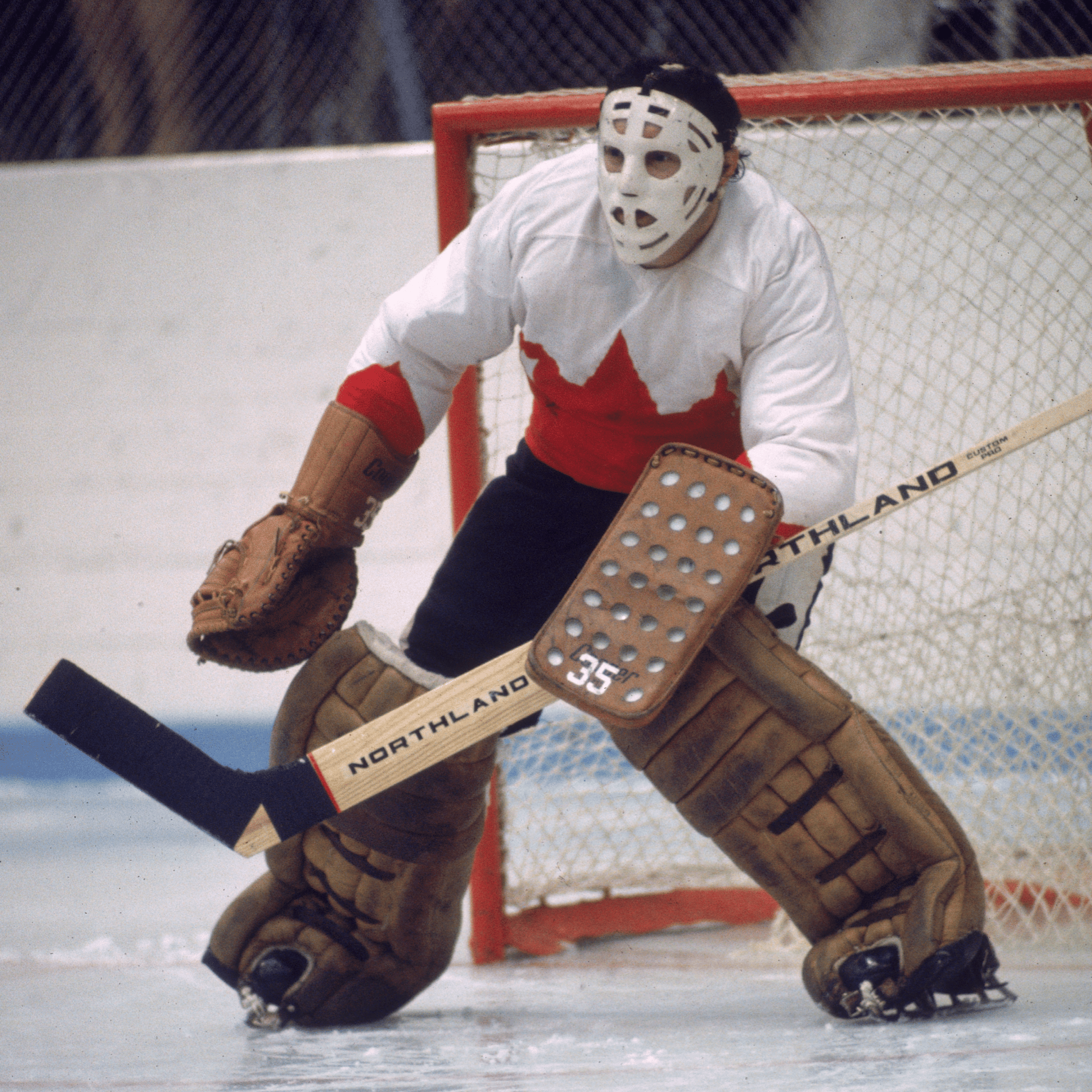
Finance for Humans
Everything You Need To Know About Drafting a Will
It’s easy, it's smart, and it's more about taking care of the people you love than it is about you. Here's how to do it.
Wealthsimple makes powerful financial tools to help you grow and manage your money. Learn more
It doesn’t matter how great your resting heart rate is. Or how long and awesome the palm reader told you your life would be. It doesn’t even matter how old you are unless you’re, like, 12 (and if you are, bravo for reading a financial website, young middle schooler! Future You applauds!) because, while all old people should definitely have one, a will isn’t just for old people. The point is, if you don’t have a will, you’re probably doing it wrong.

Sign up for our weekly non-boring newsletter about money, markets, and more.
By providing your email, you are consenting to receive communications from Wealthsimple Media Inc. Visit our Privacy Policy for more info, or contact us at privacy@wealthsimple.com or 80 Spadina Ave., Toronto, ON.
OK, we know what you’re thinking: Here I am trying to play Pokémon Go, and you’re making me think, in concrete terms, about my mortality—it’s kind of ruining my day. But don’t think of this as ordering an Uber Black for the Grim Reaper. Think of it as a way to be a thoughtful (and responsible) person. Because that’s what a will really is: the last intentional communication you’ll have with a lot of the people you love. And a way to make things easier on them while it’s still easy for you.
Oh, and it’s also basic financial common sense.
What Is a Will?
A well-crafted will provides for everything from the orderly administration of your estate after your death (telling the world how to deal with your taxes, assets, outstanding bills) to who gets your cherished Maple Leafs 1967 Stanley Cup champ pint glasses. But it’s not just about giving away your stuff. A smart will is a way to maintain peaceful relationships among loved ones. It’s a legal document that imposes your final wishes—dying wishes they have to listen to and respect. “It ensures that those whom you wish to benefit actually do benefit,” says Hilary Laidlaw, an estate and trust lawyer with McCarthy Tétrault LLP in Toronto. “But it’s not just about giving it away; it’s about managing that process.”
So How Badly Do I Need a Will?
OK. Let’s put it on a scale of one to ten. One being: no real need. Ten being: Why are you reading this? Go find a lawyer!
You’re younger than 18: One
You can’t legally have a will drawn up on your behalf until you turn 18.
You’re College-Aged: Two
There aren’t a lot of good reasons to incur the expense of having one. Unless you have kids or won the lottery or found a buried treasure in your backyard filled with both riches and family heirlooms.
You’re Entering the Workforce: Six
Now’s when you should think seriously about a will. Why? Because even though you may spend your nights sleeping in a bed for one, you probably have more stuff than you think—whether it’s bank accounts or your small (but aspiring!) portfolio. “Many people who believe they don’t need a will often overlook certain assets and underestimate the extent of what will be left after they are gone,” Laidlaw says. Which means everything from your growing RRSP and pending tax refunds (someone needs to get that money!) to your car and personal effects. It can be a simple affair at this point—a will for a 27-year-old who’s childless is going to be a much simpler document than a will for a 45-year-old investment banker with two kids.
You’re Becoming a Parent: Ten
There’s a common misconception that the childless don’t need a will, which we know at this point is untrue: You want to ensure that everything goes smoothly even if you don’t have children. Just ask someone in a common-law marriage—if your common-law spouse were to die suddenly, you could be shut out of his or her estate and all the decision making if your spouse doesn’t have a will.
Recommended for you
That being said, parenthood really is the moment most experts point to as the dividing line between should and must. If you have a child, you need a will. Even if you’re a 28-year-old Olympian in perfect health. “Dying without a will and leaving a surviving minor child is, legally, about the worst state of affairs one can have,” says Barry Corbin, a certified specialist in estates and trusts law with Corbin Estates Law Professional Corporation. For a parent, the most important decision will be whom he or she wants to take care of the kids—that’s something you’re going to want a say in. Each province has laws of intestate succession (yes, there is a term for dying without a will!), and if you don’t have a will, everything is decided by the law—not how you want it. So in Ontario, for example, that means the surviving spouse has entitlement to the first $200,000, and the remainder is split equally between the spouse and the children. If you had other ideas, you’re out of luck. And even if you didn’t, it’s always easier on survivors to know that what’s happening is what his or her loved one would have wanted.
Wealthsimple clients get a 20% discount on an online will from Willful — and the peace of mind that comes from knowing the kids won't fight over their international teapot collection.
How to Do It Right
OK, so you’re ready to do it. Here are some things to keep in mind.
Appointing an Executor
An executor, sometimes called an estate trustee, is the person who will carry out the instructions in your will. It can be one person; it can also be a group of trusted people. (But try to keep it at two, because anything beyond that is going to complicate logistics and only foster debate.) It’s important to pick someone who knows you well so your voice can be heard, but also make sure that person is organized, resolute, and trusted by those in the will. Avoid confrontational people. You want someone who is calm at the helm. If, say, your husband is slightly disorganized (that’s why you were such a good match in the first place—you handle all the details!), perhaps your daughter or your cousin who’s also a lawyer would be a better choice as executor. (But please: Tell your husband ahead of time; he will understand.)
Lastly: Don’t go all Scrooge McDuck on your executors. Odds are they’re in the will somewhere. But if they aren’t, make sure they are compensated properly.
Appointing a Guardian
If your children are under the age of 18, you’ll have to appoint guardians to take care of them. So, consider these things: Where do you want your children to be raised? If your sister is in a backwoods town with mediocre public schools, perhaps your brother would be a better guardian. Who do you trust most as a parental figure? Who is going to work most amicably with your executor (assuming your executor and guardian aren’t the same person)? Those two will be making lots of big decisions together, so you want to be sure they’re on the same page about all the important stuff.
Giving to Charity
There is no limit on how much you can leave to charity, but it’s not as simple as: Just give all my money to cancer research! You can gain tax advantages for your other beneficiaries depending how you distribute to charities, so if you have specific causes or organizations you want to donate to, you should seek some tax-planning advice to make sure it works to the advantage of your estate. If you’re looking to vet charities—especially those that make the best use of your money—consult with Givewell, a nonprofit clearinghouse for charitable giving.
Who Handles My Gmail Account?
Ah, yes, all our biggest fears: Our Gchats are leaked so everyone finds out the horrible things we said about them. But it doesn’t have to be this way. You can plan your digital afterlife now with Google’s inactive account manager.
What About Deciding Who Gets What?
This isn’t just about what’s valuable. This is the part of the will where you let people know how much you loved and understood them by leaving them something meaningful. But it should be meaningful between you and each person—it’s nice if a gift can be a way for your loved ones to have a continuing conversation with you after you’re gone.
Sounds Pretty Straightforward! Can I Do It Myself?
Unless you’re an estate lawyer, absolutely not. Seriously. “A homemade will is not the same as homemade soup,” Corbin says. “It can do serious damage. Legally, you don’t need a lawyer to make a will, but why would you risk a problem?” Especially one that will make things harder on those who survive you.
OK, If I Hire an Estate Lawyer, How Much Is It Gonna Cost Me?
It varies by province and depends on the complexity of your will, but for an individual without complicated tax or estate-planning circumstances, it could run between $700 and $1,000—any complexities could add another $200 to $300 to that. “I know it’s no fun to pay money for something you’ll never live to see put into effect,” Laidlaw says. “But it is absolutely not worth scrimping on this cost.”
So that’s it. If you feel like something slightly more upbeat after this one, you can always read about how to buy an engagement ring. Who doesn’t love a wedding?
Wealthsimple's education team is made up of writers and financial experts dedicated to making the world of finance easy to understand and not-at-all boring to read.









